Cannabis users may notice that after long-term consumption, THC no longer works the way it used to. What happened? Most likely, a high tolerance has developed. THC tolerance occurs when the body becomes accustomed to the amount consumed. This happens because tetrahydrocannabinol (THC), the psychoactive compound in cannabis, activates CB1 cannabinoid receptors in the brain and throughout the body. Regular cannabis use gradually reduces the sensitivity of CB1 receptors, weakening the effects of THC.
A similar analogy can be made with popular nasal drops: over time, they must be used more frequently, and eventually their effect diminishes, requiring a break or switching the active ingredient.
Factors that influence the development of tolerance
Tolerance to cannabinoids varies from person to person because everyone's endocannabinoid system and the number of CB1 receptors differ. The same amount of THC will not have the same effect on two different individuals.
Factors affecting cannabis tolerance include:
- Cannabinoid receptors: CB1 receptors are located throughout the body and determine sensitivity to cannabinoids. Each person’s cannabinoid system is unique, resulting in different effects and different susceptibility to tolerance.
- Frequency of use: the more frequently cannabis is consumed, the faster tolerance develops.
- Age, weight, body chemistry: people naturally have different tolerance levels. Generally, individuals with excess weight tend to have higher tolerance because THC accumulates in body fat. Older adults and women typically have lower tolerance.
- THC dosage: high-THC products such as kief, hash, resin, and wax are known to accelerate tolerance development.
Is it possible to develop tolerance to CBD and other non-psychoactive cannabinoids?
It is much harder to determine whether you develop tolerance to cannabinoids like cannabidiol (CBD), because its effects are not felt as distinctly as those of THC. The answer is: no, you cannot truly develop tolerance to CBD.
This is because CBD does not bind to CB1 receptors the same way THC does, meaning you cannot lose sensitivity to it. In fact, CBD can reduce CB1 receptor activation, helping to “resensitize” them and potentially lower THC tolerance. There is also a hypothesis that CBD slows the breakdown of our own endocannabinoids, such as anandamide and 2-arachidonoylglycerol.
This makes CBD and other cannabinoids very useful not only for reducing negative side effects but also for preventing excessive tolerance to a specific cannabinoid.
How long does it take to reduce tolerance?
As with cannabis effects, this is highly individual. On average, around four weeks of abstinence are needed for receptor function to return to previous levels. However, studies show that some people need only two to three days to restore the initial responsiveness of the brain’s receptors.
In general, the duration of the break is up to you. Regular users may need from two to five weeks to fully reset tolerance. Those who use cannabis less frequently may notice improvement within one to two weeks.
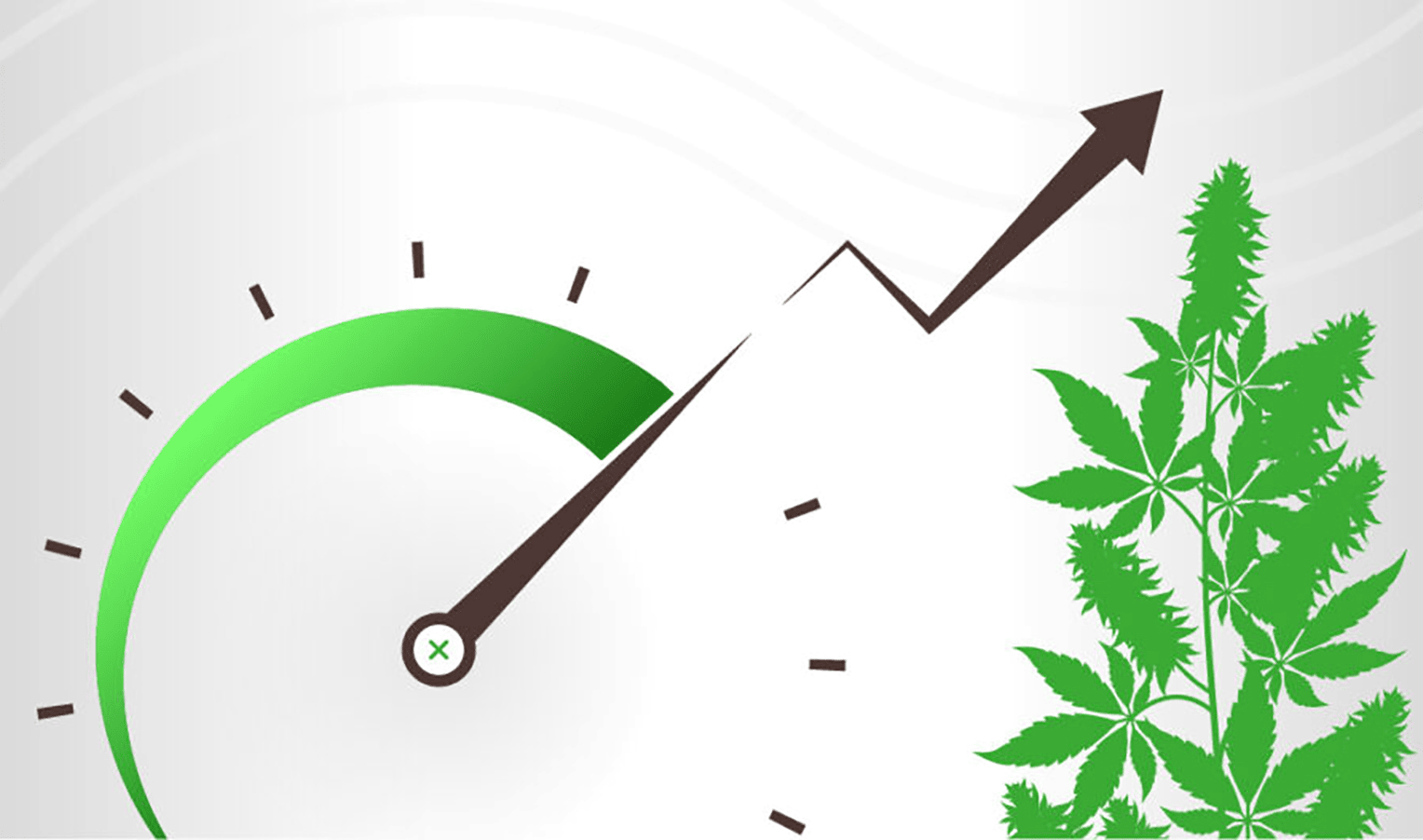
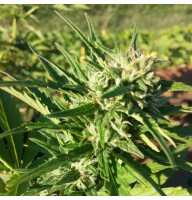
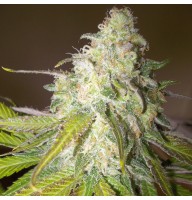
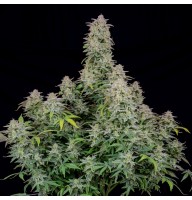
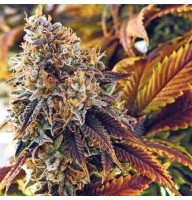
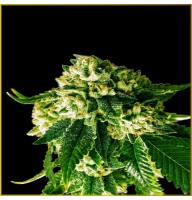
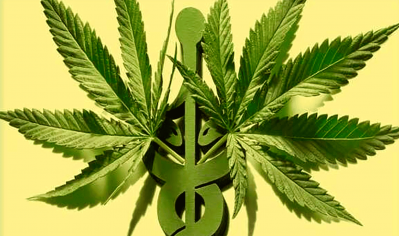
Write a comment